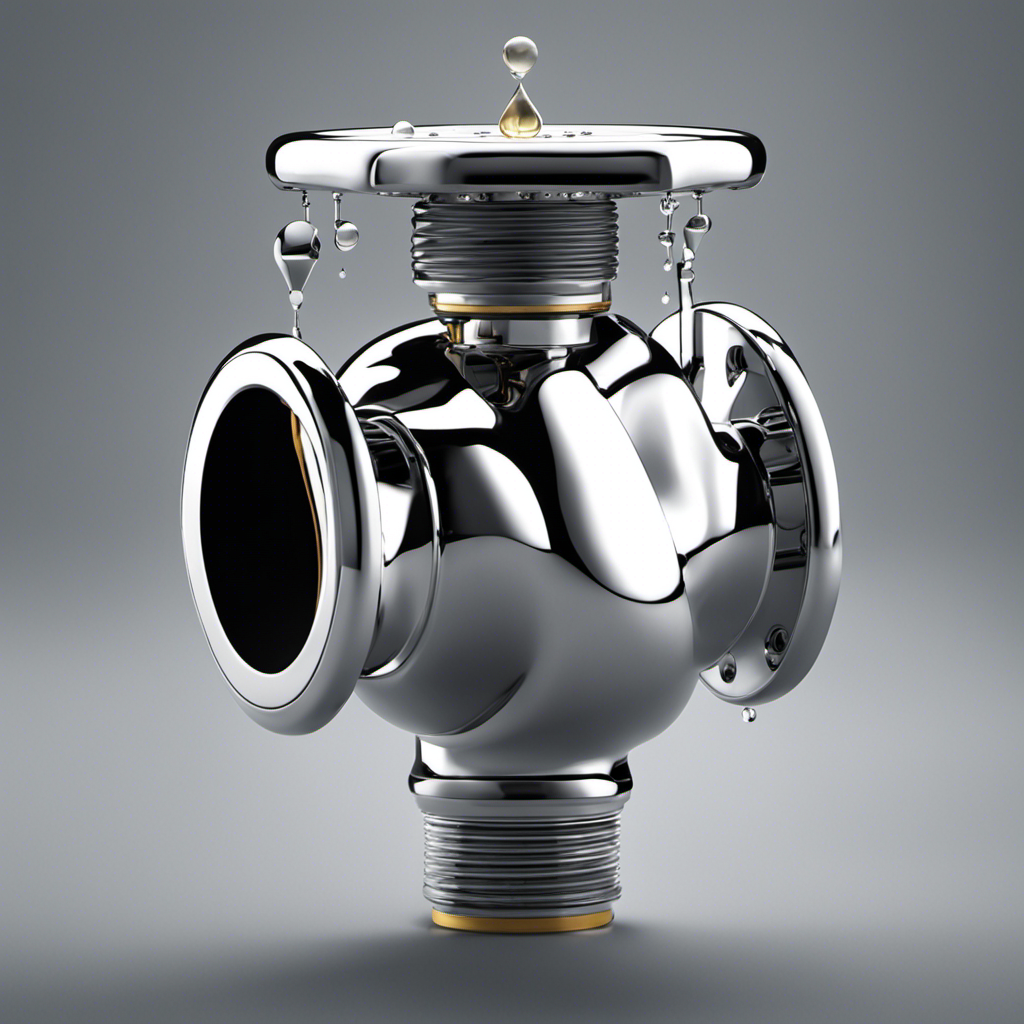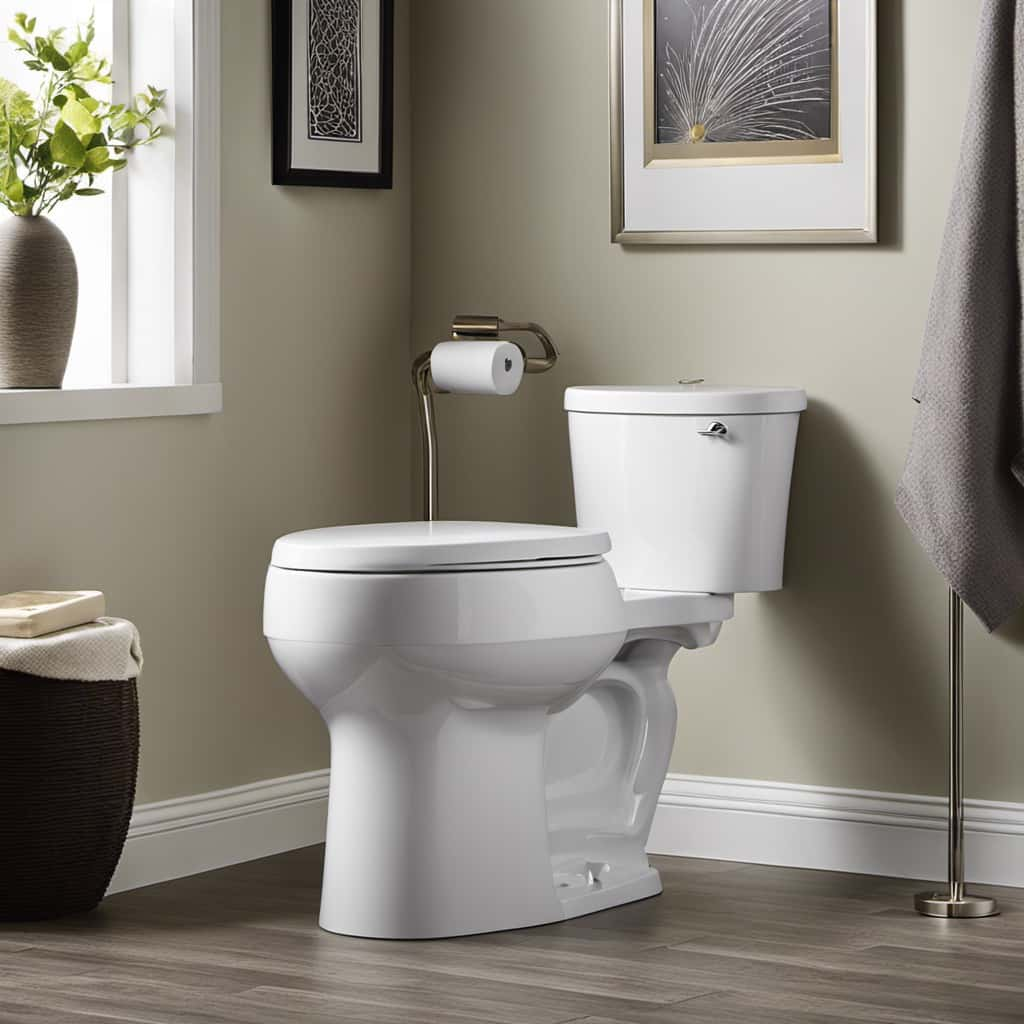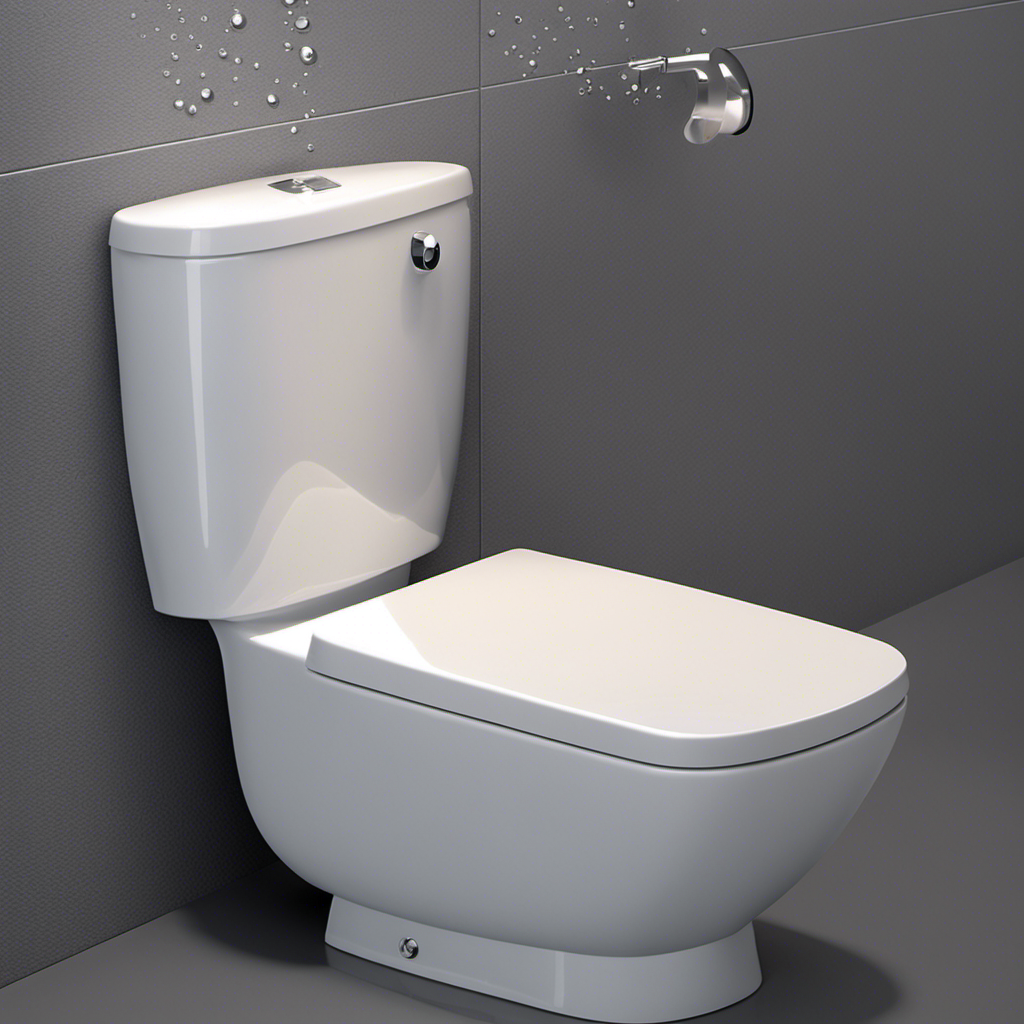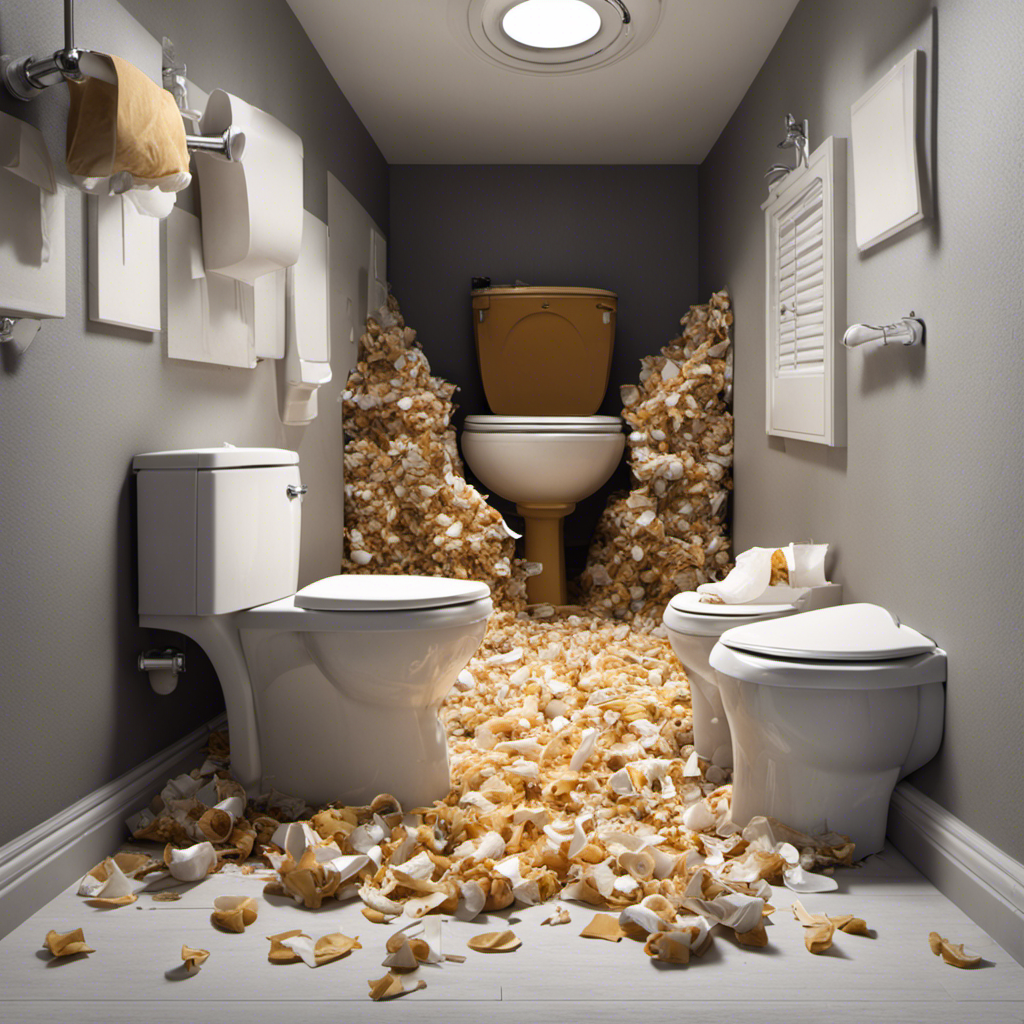As a homeowner with a septic system, I’m always searching for ways to keep it running smoothly. That’s why I’ve been wondering: are q-tips septic safe?
It’s easy to overlook the potential risks of flushing these seemingly harmless cotton swabs down the toilet. In this article, we’ll explore the truth behind q-tips and septic systems, and discover alternative disposal methods.
Armed with this knowledge, we can make informed decisions and ensure the longevity of our septic systems. Let’s dive in!
Key Takeaways
- Regular septic tank pumping is essential for system efficiency
- Avoid flushing non-biodegradable items like Q-Tips to prevent clogs and system damage
- Proper disposal methods for Q-Tips include throwing them in a secure trash bin or using biodegradable or reusable options
- Seek advice from septic system professionals or plumbers with septic system experience to ensure compatibility with septic systems
Understanding Septic Systems
To properly understand septic systems, I’ll begin by explaining their basic functioning and components.
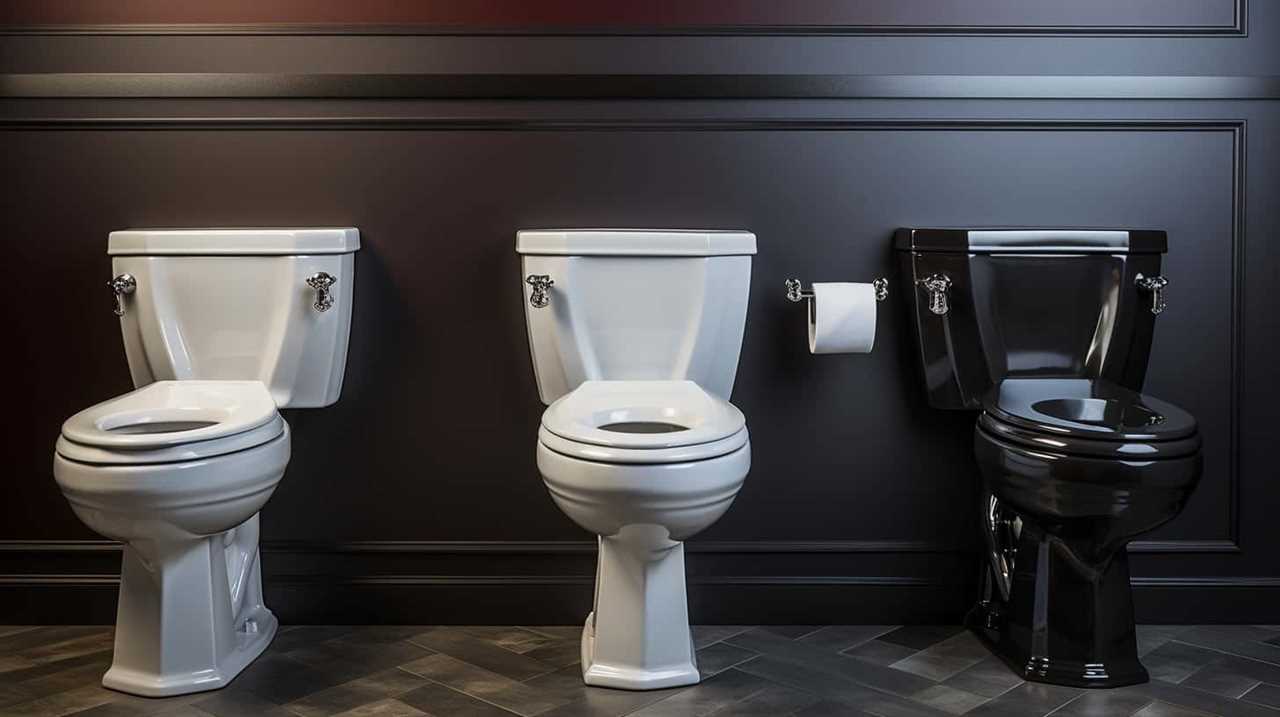
Septic systems consist of three main components: the septic tank, the drainfield, and the soil.
The septic tank is a large, watertight container made of concrete or fiberglass that holds wastewater from your home. It allows the solids to settle at the bottom, forming a layer of sludge, while oil and grease float to the top, creating a scum layer.
The liquid wastewater, called effluent, flows out of the tank and into the drainfield. The drainfield is a network of perforated pipes buried in gravel-filled trenches. Here, the effluent is filtered and treated by the soil before returning to the groundwater.
It’s important to regularly pump out the septic tank to remove the accumulated sludge and scum layers. This helps maintain the system’s efficiency and prevent costly and messy backups.
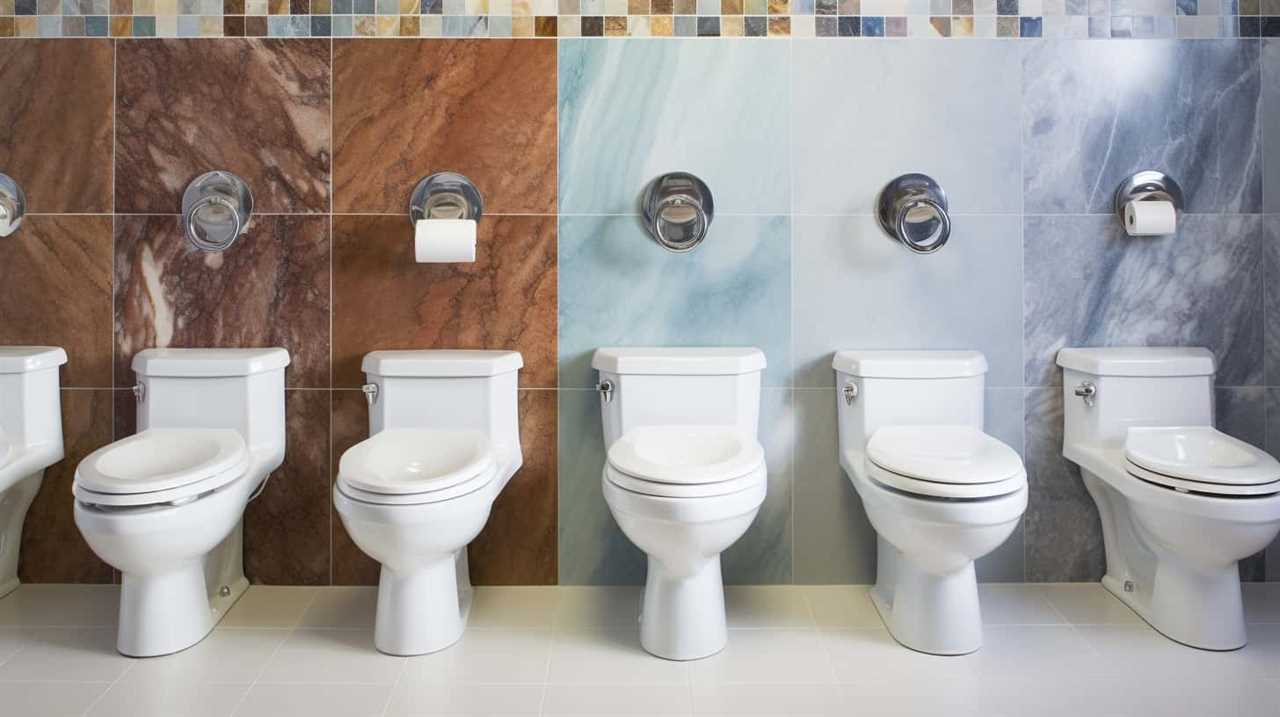
Proper maintenance and regular septic tank pumping are essential for a well-functioning septic system.
The Potential Risks of Flushing Q-Tips
Flushing Q-tips can pose potential risks to septic systems, as they can contribute to clogs and blockages in the drainfield. When flushed down the toilet, Q-tips can accumulate in the pipes and create obstructions that hinder the flow of wastewater. These blockages can lead to backups and overflows, causing damage to the septic system and potentially contaminating nearby water sources.
Moreover, Q-tips aren’t biodegradable and don’t break down easily, further exacerbating the problem. The risks of flushing Q-tips go beyond the immediate impact on septic systems; they also have a negative environmental impact. The accumulation of non-biodegradable materials in waterways can harm aquatic life and disrupt ecosystems.
Therefore, it’s crucial to explore alternative disposal methods for Q-tips to mitigate these risks and protect both our septic systems and the environment.
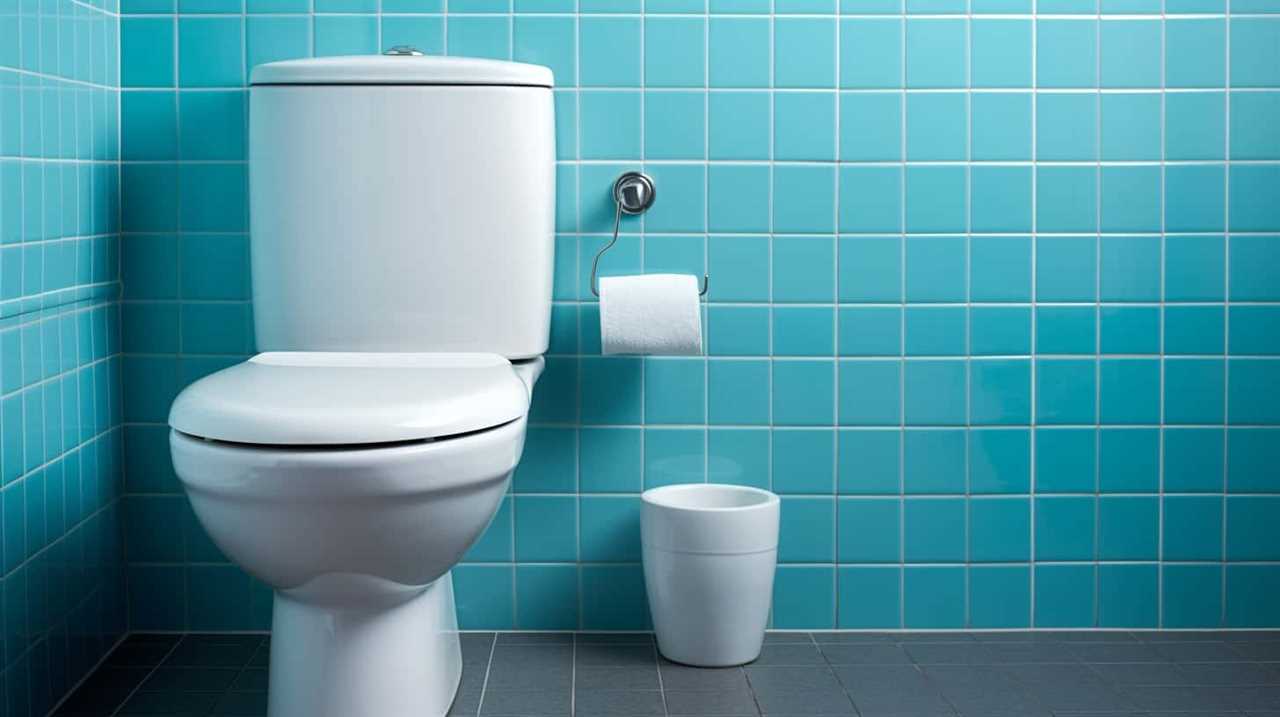
Alternative Disposal Methods for Q-Tips
As someone concerned about the potential risks of flushing Q-tips, I’ve found that there are alternative disposal methods that can help mitigate these issues. Instead of flushing Q-tips down the toilet, consider the following eco-friendly options for disposing of them responsibly:
- Trash Bin: Simply throw used Q-tips in the trash. Make sure to secure them in a bag or container to prevent any accidental spills.
- Biodegradable Q-tips: Look for Q-tips made from biodegradable materials, such as bamboo or paper. These options are more environmentally friendly and can be composted.
- Recycling: Check with your local recycling facilities to see if they accept Q-tips. Some facilities may be able to recycle the plastic stems.
- Reusable Q-tips: Consider using reusable Q-tips made from silicone or other washable materials. These can be cleaned and reused, reducing waste.
Tips for Proper Septic System Maintenance
One important aspect of septic system maintenance is regularly inspecting and pumping the tank. This ensures that the tank doesn’t become overloaded with solids, which can lead to clogs and system failure. In addition to regular pumping, there are a few other tips for proper septic system maintenance.
Firstly, it is important to avoid using septic tank additives. Contrary to popular belief, these additives are often unnecessary and can actually harm the system. They can disrupt the natural balance of bacteria in the tank, which is essential for breaking down solids.
Secondly, regular septic system inspections are crucial. A professional inspection can identify any potential issues before they become major problems. They can also provide recommendations for maintenance and repairs.
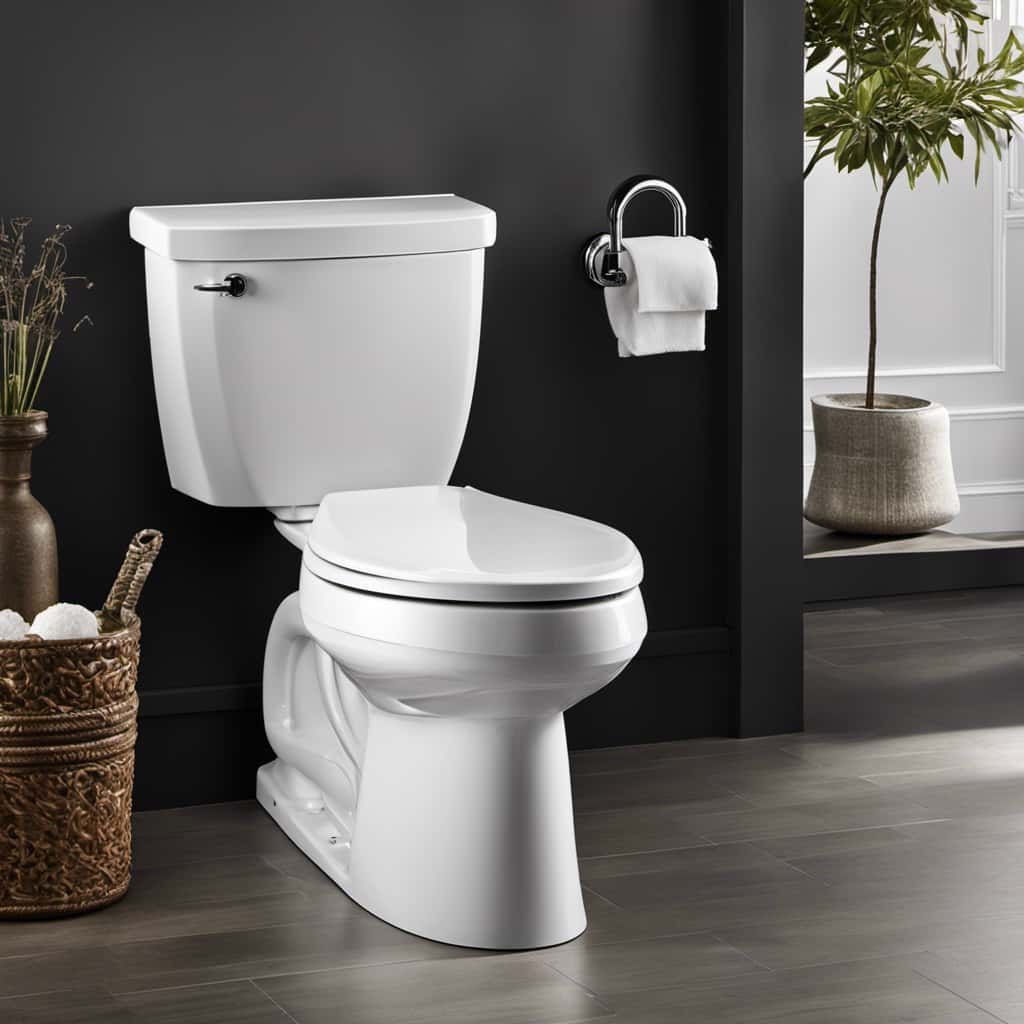
Lastly, it is important to be mindful of what goes into the septic system. Avoid flushing non-biodegradable items, such as wipes and feminine products, down the toilet. These can cause clogs and damage the system. Additionally, be cautious with the use of household chemicals, as they can disrupt the bacteria in the tank.
By following these tips, you can ensure the proper functioning of your septic system and avoid costly repairs in the future.
| Tips for Proper Septic System Maintenance |
|---|
| Regularly inspect and pump the tank |
| Avoid septic tank additives |
| Schedule regular septic system inspections |
Conclusion: Making an Informed Decision
After considering the importance of proper septic system maintenance and the potential risks associated with certain products, it’s crucial to make an informed decision about whether or not Q-Tips are septic safe. Here are four key points to consider when making this decision:
- Environmental Impact: Q-Tips, like many other personal care products, can end up in our waterways and contribute to pollution. Considering the environmental impact of our choices is important for the health of our ecosystems.
- Manufacturer’s Claims: Check if the manufacturer specifically states that their Q-Tips are safe for septic systems. Look for labels or information on their website that assures you of their product’s compatibility with septic systems.
- Expert Opinions: Seek advice from septic system professionals or plumbers who’ve experience with septic systems. They can provide valuable insights and recommendations based on their expertise.
- Alternatives: Explore alternative options to Q-Tips that are specifically designed to be septic safe. These alternatives can be equally effective for your personal care needs without posing a risk to your septic system.
Frequently Asked Questions
Can Q-Tips Clog Septic Systems if Flushed Down the Toilet?
Flushing Q-tips down the toilet can lead to clogging risks and have a negative environmental impact. It’s important to dispose of them properly in the trash to avoid any potential issues.
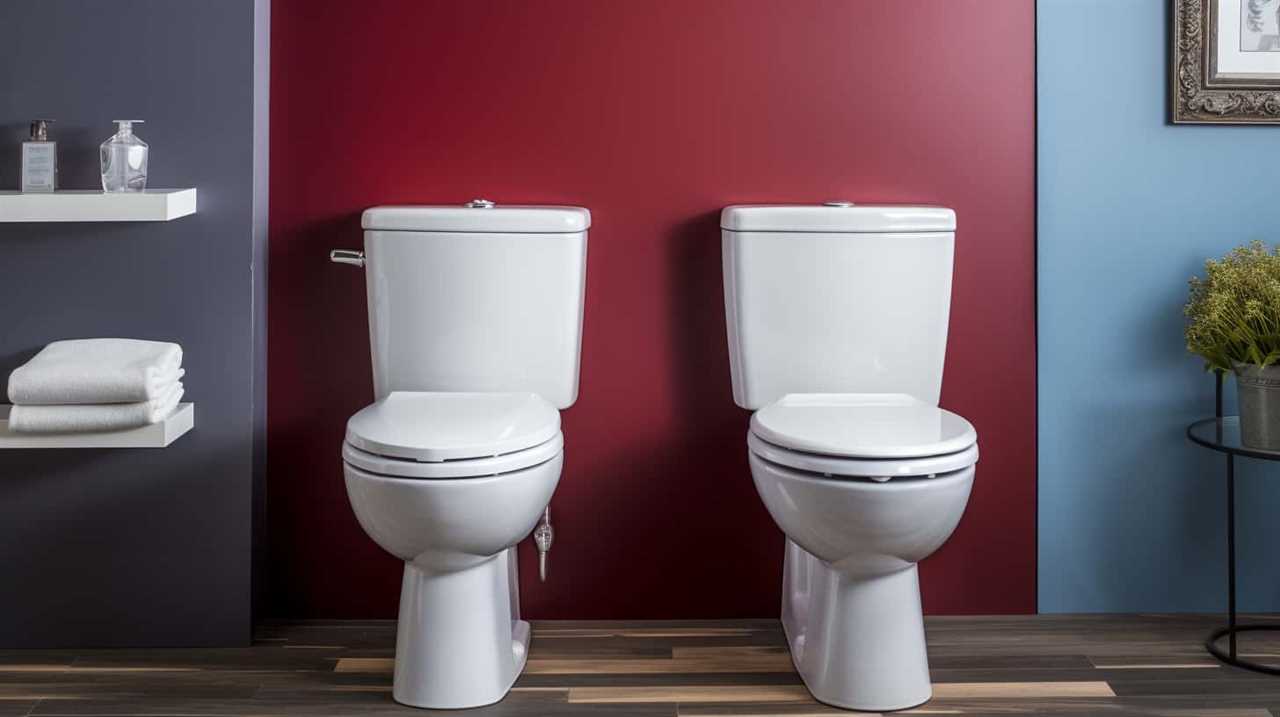
Are There Any Biodegradable Q-Tips Available That Are Safe to Flush?
Yes, there are biodegradable alternatives to Q-tips available that are safe to flush. These products are designed to minimize the environmental impact and can be a better choice for septic systems.
What Are the Consequences of Flushing Q-Tips in Septic Systems?
Flushing Q-tips in septic systems can have serious consequences. The environmental impact is significant, as they can clog pipes and disrupt the natural balance of the septic tank. It’s best to dispose of them properly.
Are There Any Specific Guidelines for Disposing of Q-Tips in a Septic System?
When it comes to disposing of Q-tips in a septic system, it’s crucial to follow specific guidelines. Not only can improper disposal methods harm the environment, but they can also have severe consequences for the septic system.
How Often Should Septic Systems Be Inspected for Potential Damage Caused by Flushing Q-Tips?
Septic systems should be inspected regularly for potential risks caused by flushing q-tips. Proper septic system maintenance is crucial to prevent damage and ensure its longevity.
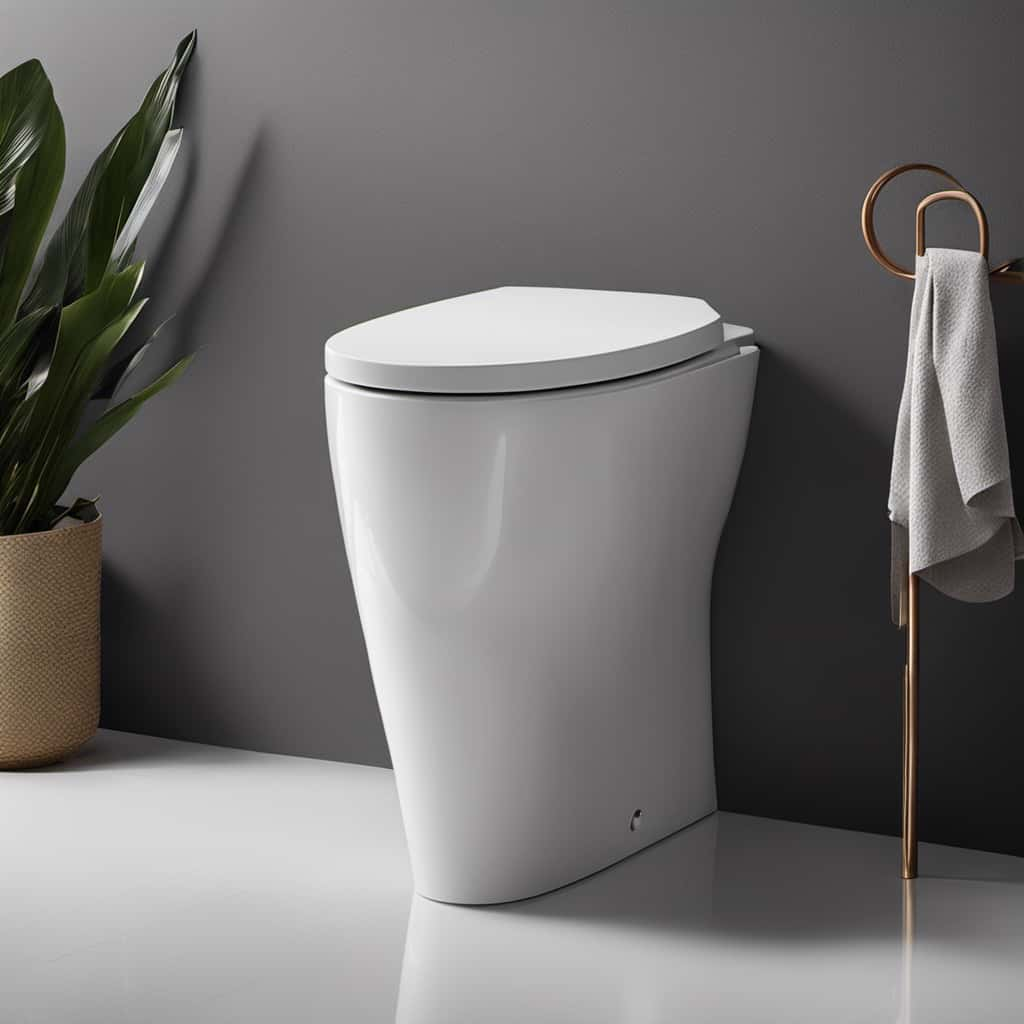
Conclusion
In conclusion, while it may be tempting to flush q-tips down the toilet, it’s important to consider the potential risks to your septic system. Flushing q-tips can lead to clogs, backups, and costly repairs.
By disposing of q-tips in the trash or using biodegradable alternatives, such as bamboo q-tips, we can protect our septic systems and avoid unnecessary expenses.
Let’s make responsible choices to keep our septic systems functioning properly and our wallets happy.

